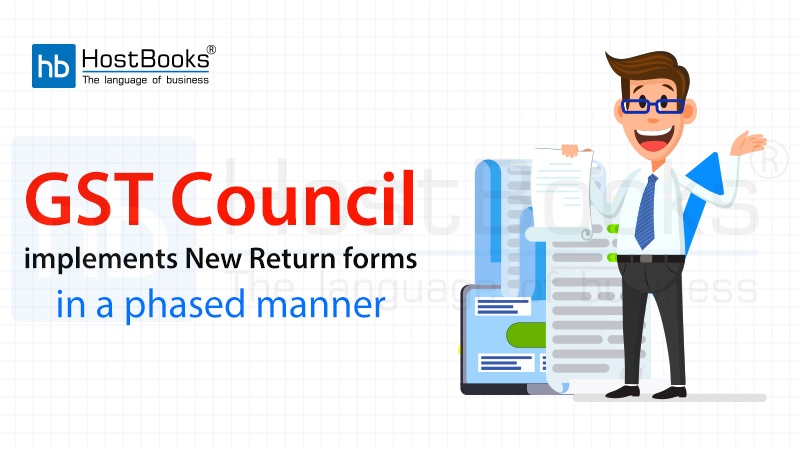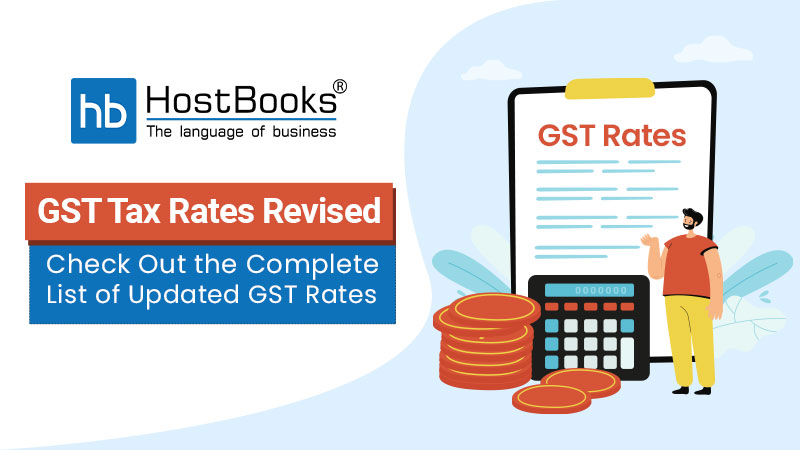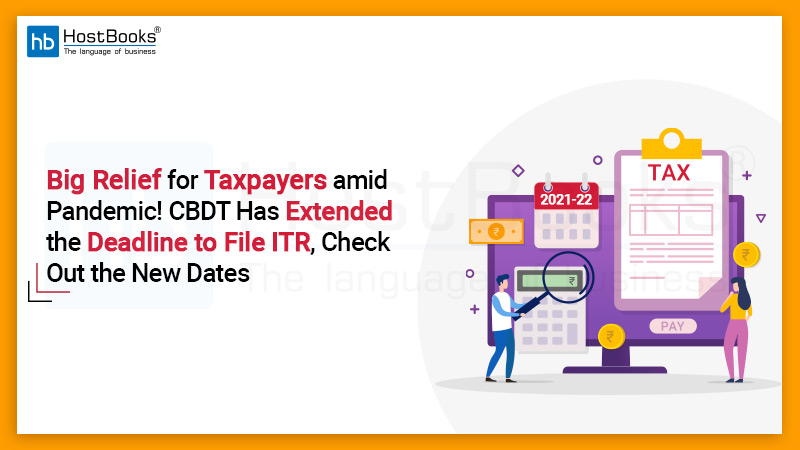
Finance Commission Does Not Intend To Extend GST Compensation
May 28, 2019
Five GST Fixes that Modi Government Needs to Implement
May 30, 2019Source: The Economic Times
Big businesses will have to start filing GST Returns in the new form before others, with the authorities planning a gradual approach for all future changes to the indirect tax system to avoid disruption at the time of low economic growth.
GST authorities were expected to adopt strict enforcement measures to boost revenue receipts, especially with the two-year transition period for GST ending in June 2019. However, the GST Council has now fully decided to bring changes in the tax system and steps to enforce compliance have to be gradual to avoid a backlash. Top preference for the ruling party at the center, which has been returned to power at the center, is to energize the national economy and avoid turbulence on account of taxation. The Union and state governments share voting rights in the council and cannot get decisions approved without each other’s friendly support.
The council, in December 2018, had recommended that the new returns should be adopted on a pilot basis from April 2019 and compulsorily by 1st July. It will finalize the complete details of the rollout of the new returns very soon.
As per a reliable source, “The approach to improve compliance will utilize data to identify individuals and businesses with the risk of revenue leakage in a non-intrusive manner”.
The move is being made against the backdrop of the problems that businesses had faced at the initial stage of the GST regime that forced authorities to suspend or modify some of the self-policing features of GST and defer return filing deadlines several times. The focus on hand-holding businesses rather than enforcement in the transition phase, combined with tax rate cuts, led to the Union and state governments collecting ₹ 22,000 crore which is very low to the targeted ₹ 12 trillion for Financial Year 2019.
The authorities don’t get bold reasons behind the reason for the shortfall. Stimulating economic growth, which has decelerated from 8.3% in the last quarter of FY 2018 to 6.6% in the third quarter of FY 2019 is a priority for the re-elected National Democratic Alliance government. Some tightening of tax administration is already taking place non-disruptively.
In order to scale up the scrutiny, the center recently has instructed and authorized the Income Tax department to share complete details for sales and profits that businesses reported in income tax returns with GSTN, the company that processes GST returns.
The gradual approach also implies the structural changes to GST in the short future, such as the inclusion of ATF, petrol, and diesel in GST. While the convergence of the two standard rates of 12% and 18% into a single tax slab, will be a slow process keeping in mind economic realities. There is unlikely to be any major GST rate reduction soon, considering the center’s revenue requirements for welfare schemes at a time it has had to diverge from its fiscal consolidation strategy.

Try HostBooks
SuperApp Today
Create a free account to get access and start
creating something amazing right now!


















